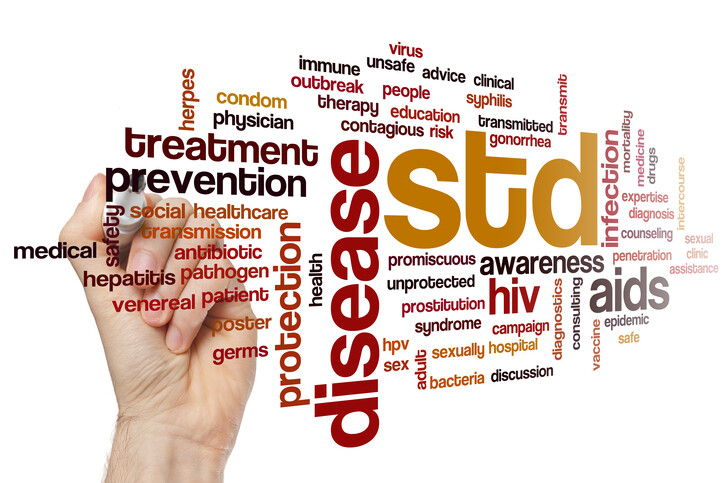The American Sexual Health Organization states that, “One in two sexually active persons will contract an STI by age 25.” An STI is a sexually transmitted infection. An STD is a sexually transmitted disease. Healthline explains that, “An STI is only considered a disease when it causes symptoms.” An infection can be thought of as the first step on the road to a disease. All STDs start as STIs.
According to the U.S. Centers for Disease Control and Prevention (CDC), there has been a sharp increase in STIs and STDs, specifically, chlamydia, gonorrhea, and syphilis, in the United States since 2013. The CDC also shares that there is a rise in the number of babies being born with syphilis, increased risk of infertility due to STDs, more people getting and giving HIV, and a more cases of untreatable gonorrhea.
The CDC has four main STD awareness campaigns that are active throughout the year:
- GYT: Get Yourself Tested encourages young people to get tested and treated for STDs and HIV while clearing up misconceptions and delivering clear facts on how STDs are spread, prevented, and treated.
- Talk. Test. Treat. Encourages individuals and healthcare providers to have open and honest conversations with each other regarding their sexual health. Recommending testing. Getting or prescribing treatment.
- Syphilis Strikes Back is focused on the prevention, diagnosis, and treatment of syphilis, especially in newborn babies, pregnant women, and gay and bisexual men.
- Treat Me Right encourages patients to take control of their health by asking their healthcare providers for what they need and arming providers with the information and correct treatment options to make their patients feel heard and respected.
Know your status. For an easy an confidential STD panel test, you may walk-in to any of our convenient Primary Medical Care Center community clinics, or you may schedule an appointment by visiting our website at www.primarymed.com, or call (305)751-1500 for our Miami-Dade clinic, or (954)289-0000 for our Broward clinic.
Source: https://www.cdc.gov/features/stdawareness/index.html
https://www.healthline.com/health/healthy-sex/sti-vs-std
